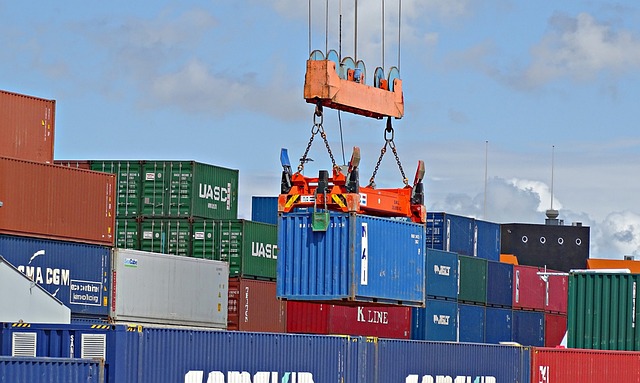-
President Ferdinand Marcos, Jr. ordered the implementation of a digital and integrated system for pre-border technical verification and cross-border electronic invoicing for all imported goods
-
Administrative Order No. 23 aims to expedite inspection and monitoring of all imports
-
The Bureau of Customs will implement the system
President Ferdinand Marcos, Jr. has signed an order implementing a digital and integrated system for pre-border technical verification and cross-border electronic invoicing for all imported goods.
Administrative Order (AO) No. 23 approved on May 13 aims to expedite the inspection of all imported goods entering the country and further strengthen national security, safeguard consumers’ rights, and protect the environment against sub-standard and dangerous imported goods.
The order directs the Bureau of Customs (BOC) to implement the system. BOC may also request government agencies to render full assistance and cooperation to ensure the implementation of the AO.
“A single electronic invoicing system controlled by the Philippine Government is necessary to effectively monitor international trade transactions of all imported goods,” the AO stated.
Pre-border technical verification refers to testing and inspection of all commodities by accredited testing, inspection, and certification companies prior to exporting to the Philippines for purposes of verifying in advance the declared specifications, description, weight, volume, and country of origin, and ensuring that these commodities are safe and of good quality, in accordance with the World Trade Organization Facilitation Agreement, and existing laws, rules and regulations.
The cross-border electronic invoicing system, meanwhile, is used by a verified and registered foreign exporter to create an export invoice on a single electronic platform controlled by the government.
The electronic invoice is shared transparently and in real time with the BOC, Bureau of Internal Revenue, Department of Agriculture, Department of Trade and Industry, and other relevant government agencies.
AO 23 creates the Committee for Pre-border Technical Verification and Cross- border Electronic Invoicing with the finance secretary as chairperson and with the secretaries of agriculture, trade, energy, health, environment and natural resources and information communications technology serving as members.
Other members include the BOC commissioner, director general of Philippine Drug Enforcement Agency, and two non-voting representatives from duly recognized industry associations to be appointed by the chairperson upon recommendation of the committee.
“The conduct of pre-border technical verification shall be at no cost the Philippine Government,” the AO noted.
The committee will formulate procedures for the procurement of cross-border electronic invoicing system.
Implementation of AO 23 will be in three phases. The first phase covers agricultural goods, the second phase non-agricultural goods with health and safety issues, and the third phase covers other goods with misdeclaration to avoid duties and taxes.
The committee will set timelines and targets for the phased implementation of AO 23, provided the system will be fully implemented within two years from the effectivity of AO 23.
BOC Assessment and Operations Coordinating Group deputy commissioner Atty. Vener Baquiran last year said they sought to implement a digital system for the pre-border technical verification of agricultural imports and cross-border electronic invoicing to increase operational efficiency and deter smuggling of agricultural importations. He said they had already submitted to the Office of the President the draft AO for the system.









